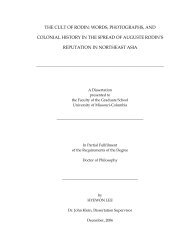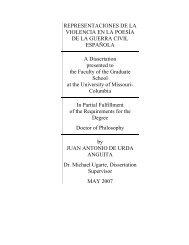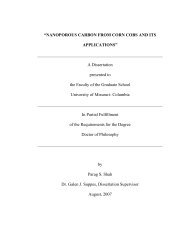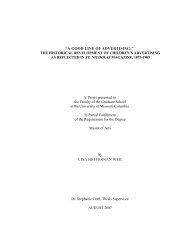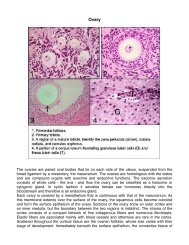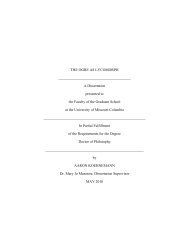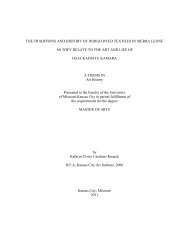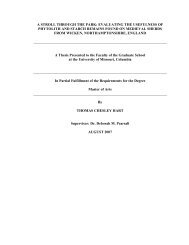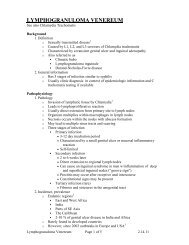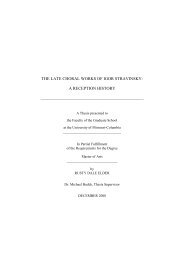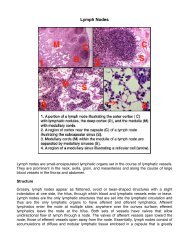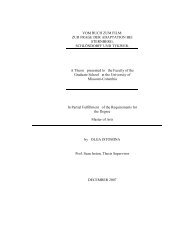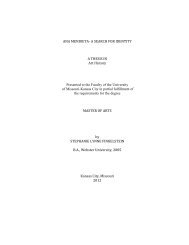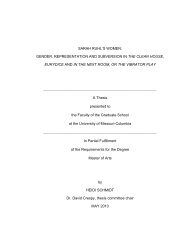Social Construction of Reality - Bad Request
Social Construction of Reality - Bad Request
Social Construction of Reality - Bad Request
Create successful ePaper yourself
Turn your PDF publications into a flip-book with our unique Google optimized e-Paper software.
experiences in finite provinces <strong>of</strong> meaning….[ie] I translate the non-everyday<br />
experiences back into the paramount reality <strong>of</strong> everyday life” (p.26). Moreover, Bergman<br />
and Luckmann provide an overview <strong>of</strong> language which elucidates the connection<br />
between language and social construction <strong>of</strong> knowledge within context: “because <strong>of</strong> its<br />
capacity to transcend the here and now, language bridges different zones within the<br />
reality <strong>of</strong> everyday life and integrates them into meaningful whole. The transcendences<br />
have spatial, temporal, and social dimensions” (p. 39).<br />
The importance <strong>of</strong> dialogue and conversations is widely noted in the literature<br />
(Baumgarter, 2001; Berger & Luckmann, 1967; Bruffee, 1999; Lencioni, 2002; Merriam,<br />
2001; Nonaka & Takeuchi, 1995; Patton, 1997; Preskill & Torres, 1998; Starratt, 2003).<br />
Bruffee believes “conversation…is <strong>of</strong> such vital importance to learning that with it, any<br />
<strong>of</strong> us has a shot at doing whatever we want to do. Without it, few <strong>of</strong> us stand a chance”<br />
(p. 14). He advocates for individuals, teams, and organizations to become truly<br />
collaborative and innovative in their approach to problems they will “have to learn to<br />
trust the power <strong>of</strong> conversation” (p. 18). Merriam writes that with dialogue and reflection,<br />
organizations can not only work toward solutions, but in so doing, produce sustained<br />
change. Baumgartner notes the “learning process involves questioning, critical reflection,<br />
and the need to engage in rational discourse [in order] to gain consensual validation for a<br />
new perspective” (p. 21). Nonaka and Takeuchi iterate the importance <strong>of</strong> articulation.<br />
It is in finding ways to express the inexpressible that language pushes the<br />
boundaries <strong>of</strong> thought into the realm <strong>of</strong> innovation. Bruffee explains the “reacculturative,<br />
conversational process, direct and indirect, by which bearers <strong>of</strong> intellectual tradition [for<br />
example teachers and other pr<strong>of</strong>essionals] construct knowledge in the langue <strong>of</strong> their<br />
38



